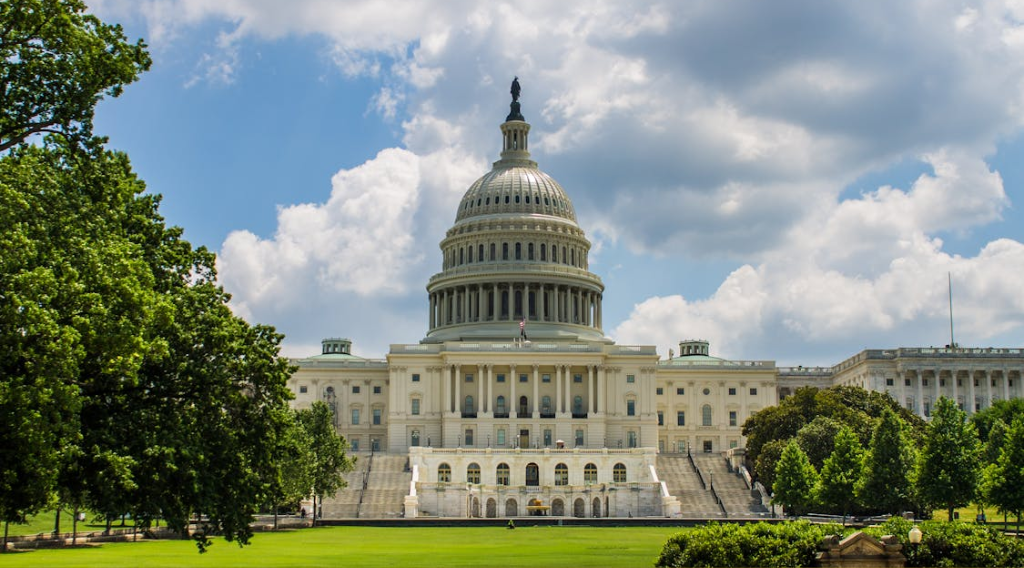
This week, the Industrial Innovation Initiative (I3), co-convened by GPI and the World Resources Institute, sent a letter to Congress signed by multiple coalitions and trade organizations representing hundreds of companies powering a renaissance in American manufacturing. The letter urges support for two key federal programs incentivizing development, adoption, and private sector investment in technologies that spur American innovation, global competitiveness, and emissions reductions.
The signatories to the letter include the following organizations:
- American Chemistry Council
- American Iron and Steel Institute
- Center for Climate and Energy Solutions (C2ES)
- Clean Energy Business Network
- Fuel Cell and Hydrogen Energy Association
- National Electrical Manufacturers Association (NEMA)
- Portland Cement Association
- Renewable Thermal Collaborative
- Thermal Battery Alliance
Programs incentivize technology innovation
These organizations are voicing their collective support for the 48C Advanced Energy Project Tax Credit (48C) and the Industrial Demonstrations Program (IDP). These programs serve as critical catalysts to mobilize public and private investments that advance breakthrough technologies in America’s industrial sector. During the application phases, these programs received requests for tens of billions of dollars in credits and grants. Selected projects will be backed by equal or greater private-sector investment.
Support for policies like these is important for GPI’s growing focus on decarbonizing the industrial sector, where we are working with a broad group of interests across industry, labor, NGO, and government to eliminate industrial emissions where possible via a suite of emissions reduction options and carbon management technologies.
Importance of policy for industrial decarbonization
Creating the kind of market stability provided by these two programs is essential to promoting investment in industrial technology and process innovation. Similarly, nothing stunts innovation and investment like uncertainty, which is why I3‘s federal policy advocacy work is so valuable.
Supportive state and federal policies, from technology innovation to reformed energy rate structures conducive to low-emission industrial and manufacturing processes, will play a key role in GPI’s work to reduce industrial emissions.
Sign up for GPI’s newsletter to stay tuned for more updates on the future of 48C, IDP, and other state and federal policies that will help us accelerate the transition to a net-zero carbon emissions for the benefit of all people, the economy, and the environment.


